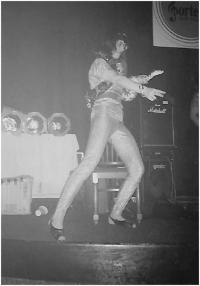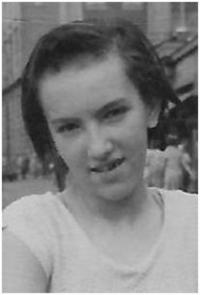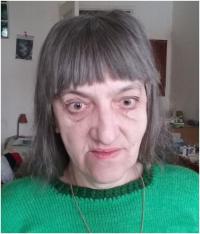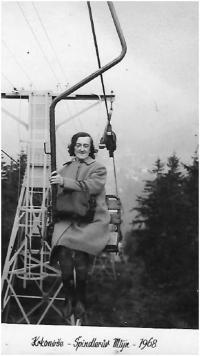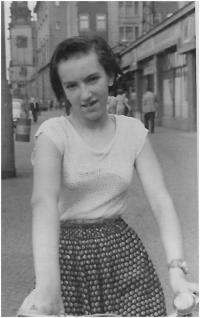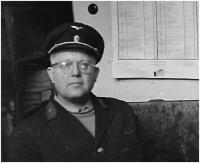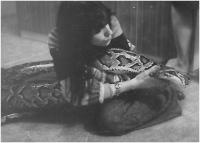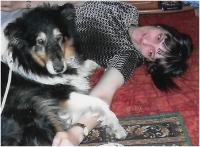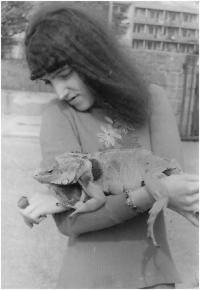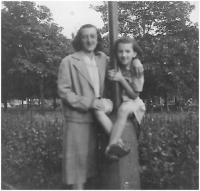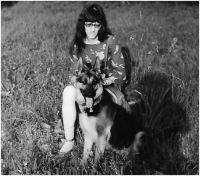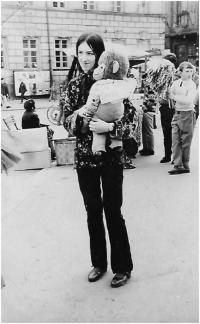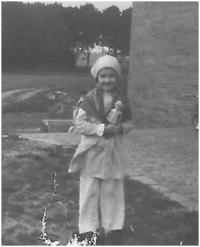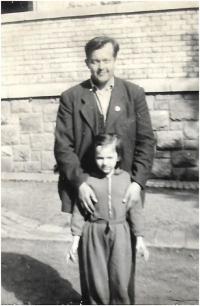The popular court’s decision

Download image
Marie Ronešová was born on the 28th of August 1948 in Prague as an only child. Her father worked for the Czechoslovakian railroad and her mother was originally an office clerk and later a housewife. In 1954 Marie was without her parents’ previous knowledge taken from school by the local social workers and transported to a group home out of Prague. Her parents spent the next few years appealing against the court’s decision because they saw no reason for such a measure. Marie suffered from numerous severe illnesses in the group homes, eventually contracting pneumonia in 1961 while being neglected by the home. Her mother took her home for recovery. Returning home resulted in problems at school where she was bullied by her classmates. After elementary school she applied for a vocational programme but did not enrol because of an injury she suffered at Svazarm. Between the years 1963 and 1968 she had several jobs but was not very successful due to the negative effects that her illnesses had on her health and eventually her fitness for work was officially classified as reduced. In 1968 she was granted disability pension. Between the years 1968 and 1978 she had several short-term jobs. She was interested in music, dancing, and nature, and started keeping snakes as pets. Between the years 1978 and 1984 she performed with the bands Abraxas and Progres as a dancer - snake woman. In recent years she has had problems with her vision, she takes interest in esotericism and searches for ways to improve her health. She lives alone in Prague 2.
